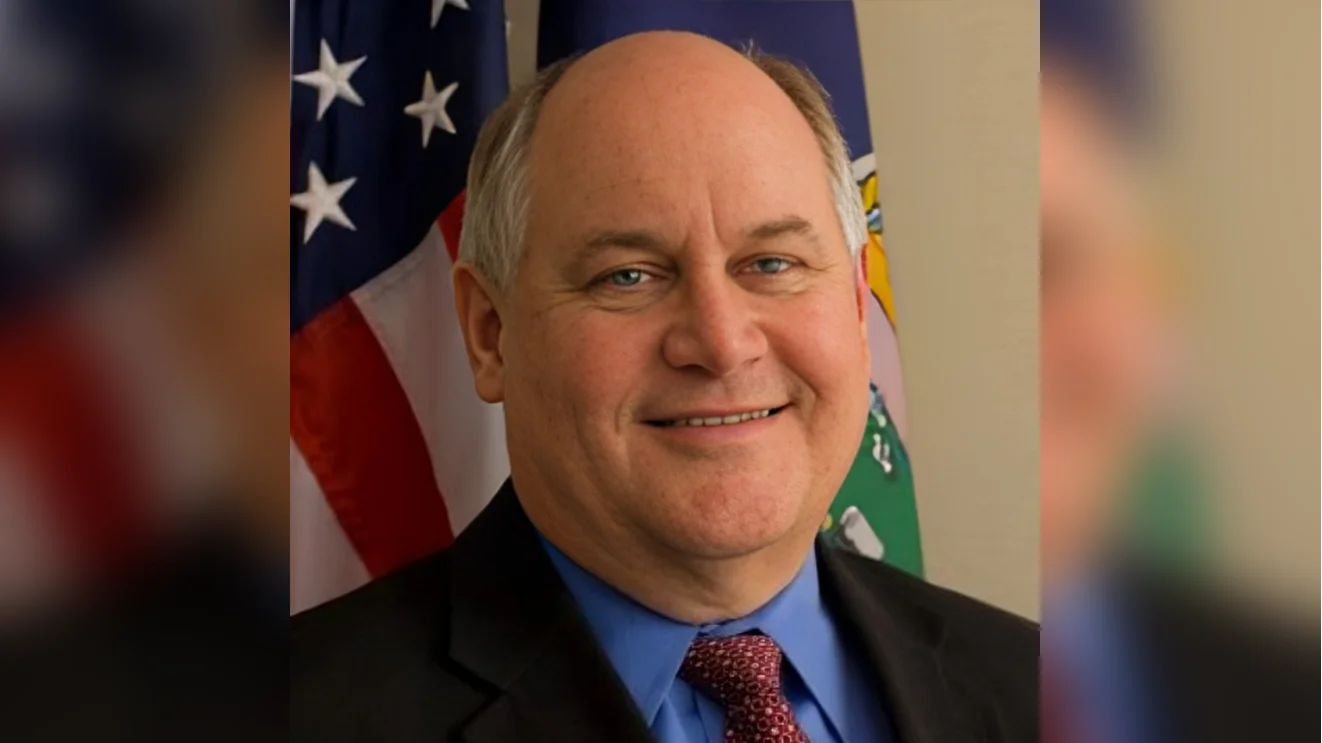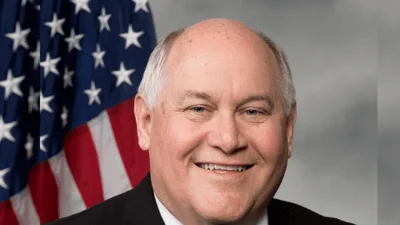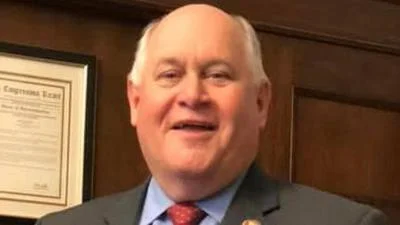U.S. Rep. Ron Estes representing Kansas' 4th Congressional District | Official U.S. House headshot
U.S. Rep. Ron Estes representing Kansas' 4th Congressional District | Official U.S. House headshot
Reps. Ron Estes of Kansas and Linda Sánchez of California have once again put forward the Help Independent Tracks Succeed (HITS) Act. This legislation aims to allow sound recording producers and artists to fully deduct production expenses in the year they occur, similar to tax benefits already enjoyed by film, television, and live theater productions.
Rep. Estes expressed his support for immediate expensing across industries: "Music is a powerful language that connects people of varying generations, backgrounds and experiences, and we should encourage music creators – those writing, singing, playing or producing – by providing immediate expensing for their costs," he stated. He highlighted the potential impact on small businesses within the music industry.
Rep. Sánchez emphasized the financial struggles faced by independent creators: "Our bill provides immediate relief, giving creators the ability to reinvest in their craft without the burden of delayed tax deductions," she said.
Adam Hartke, a Kansas-based advocate for independent music, commented on industry challenges: "The HITS Act offers responsible tax relief," recognizing artists' contributions to culture and economic growth.
Harvey Mason Jr., CEO of the Recording Academy, added: "The HITS Act will provide commonsense tax reform so that artists and songwriters are empowered to keep making new music."
Bart Herbison from NSAI pointed out that such tax benefits can be crucial for musicians' financial stability: "The HITS Act provides a more fair and efficient way for record producers, artist and songwriters to receive tax benefits."
Dr. Richard James Burgess MBE from A2IM described it as a significant step toward supporting recording artists financially: "HITS will create jobs and increase the recorded output of American music creators."
This legislative proposal has garnered support from various organizations including the Recording Academy, A2IM, AFM, ASCAP among others. It would permit deductions up to $150,000 in music production expenses annually aligning with other creative sectors benefiting from similar incentives.



 Alerts Sign-up
Alerts Sign-up